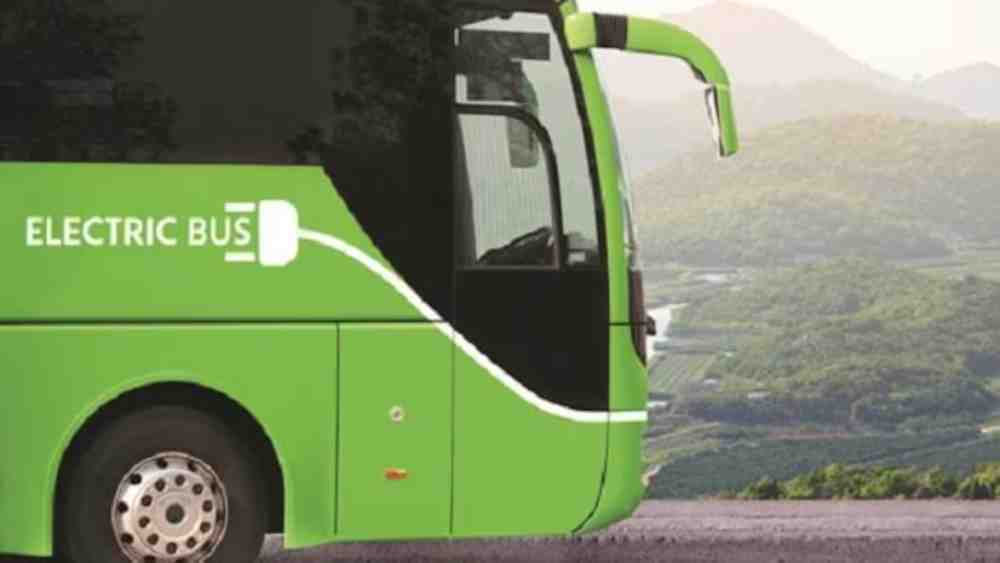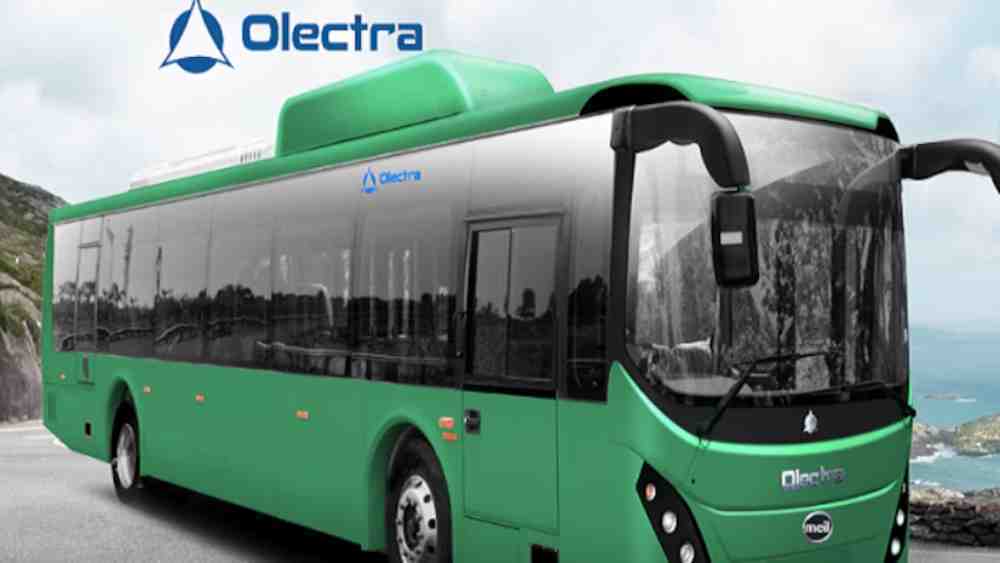India has approved a comprehensive scheme to deploy 10,000 electric buses across 169 cities over the span of a decade. The project, estimated to cost nearly 580 billion rupees ($7 billion), will include the establishment of charging infrastructure and associated facilities. Here are the key details:
Scope of the Scheme:
The scheme involves the deployment of 10,000 electric buses in 169 cities across India over a ten-year period.
The initiative is part of the Indian government’s efforts to reduce emissions, curb fuel imports, and promote green public transportation.
Funding Model:
The federal government plans to contribute 200 billion rupees to the scheme.
The funding will follow a public-private partnership (PPP) model, though specifics regarding the allocation of the remaining funds were not immediately clear. It’s expected that state governments or private companies might contribute to the rest of the funding.
Market Reaction:
Companies expected to benefit from this initiative experienced a positive market response.
Shares of electric bus manufacturers such as Olectra Greentech and JBM Auto rose by 10.1% and 8.8% respectively. Tata Motors, which is involved in electric vehicle manufacturing, saw a 1.9% increase.
Ashok Leyland, which produces electric buses, had a 2.5% initial rise, settling 0.9% higher.

Government Initiatives:
This push for electric public transportation is in line with the Indian government’s larger goals of reducing emissions and promoting domestic manufacturing of vehicles and components.
The government aims to eventually have a fleet of 50,000 electric buses across the country, with an estimated cost of $12 billion.
Aggregated Demand and Contracts:
The government, under Prime Minister Narendra Modi, has been consolidating demand from state governments and issuing contracts or tenders to invite bids from companies for electric bus manufacturing.
This approach streamlines the procurement process and encourages companies to participate in government contracts.
Benefits for Bus Makers:
The scheme provides a dedicated fund, enhancing the financial security of bus makers.
This security enables bus manufacturers to bid more confidently for government contracts and ensures timely payments.
In summary, India’s initiative to deploy 10,000 electric buses across its cities is a significant step towards greener public transportation and reducing emissions. The project is part of the larger push for electric mobility in the country and has positive implications for the electric vehicle industry and associated infrastructure.

